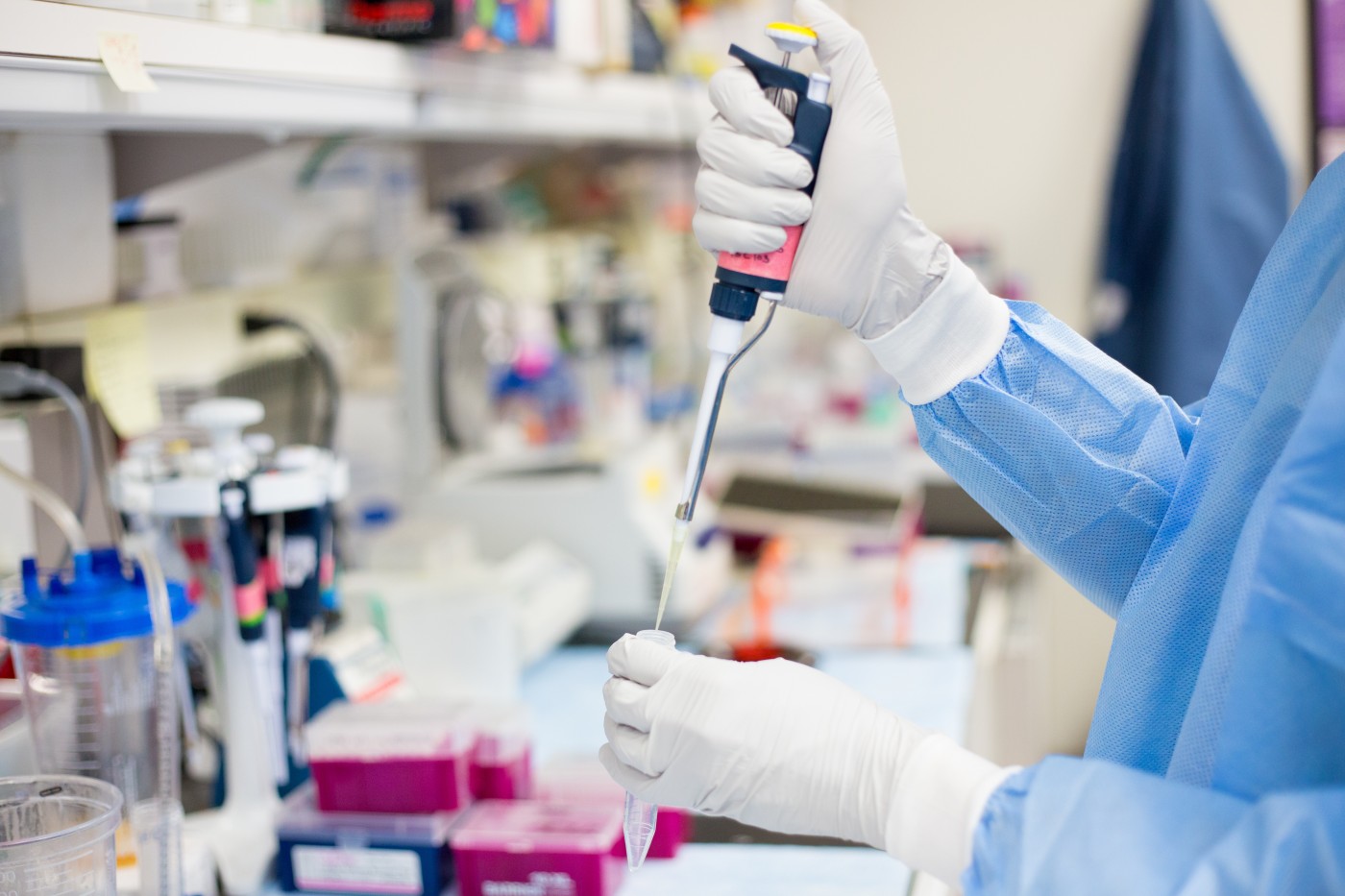Puma Biotechnology has submitted a Marketing Authorization Application (MAA) to the European Medicines Agency (EMA) for neratinib, an investigative tyrosine kinase inhibitor for the extended treatment of HER2-positive early stage breast cancer previously treated with trastuzumab (Herceptin)-based adjuvant therapy.
Los Angeles-based Puma’s application to the EMA was based on the results of the ExteNET Phase 3 clinical trial that met its primary endpoint of neratinib showing a statistically significant reduction in the risk of invasive disease recurrence or death compared with a placebo.
“Although the use of trastuzumab in the adjuvant setting has led to a reduction in disease recurrence in patients with early stage HER2-positive breast cancer, there remains an unmet clinical need for further improvement in outcome in order to attempt to further reduce this risk of recurrence following trastuzumab therapy,” said Puma President and CEO Alan H. Auerbach in a press release. “Neratinib may be able to provide this type of improvement to further help the patients with this disease.
Auerbach said Puma is looking forward to working with the CHMP/EMA as they review the submission, which marks the first step in a global registration plan for the drug candidate. Puma is also working with the U.S. FDA on its new drug application for neratinib, which should be submitted soon, he said.
The results from the ExteNET trial showed that patients treated with neratinib have a 33 percent reduction in the risk of invasive disease recurrence or death compared with patients treated with a placebo.
The two-year rate of invasive disease free survival (DFS) for patients treated with neratinib was 93.9 percent versus 91.6 percent for patients treated with a placebo.
For the predefined subgroup of patients with hormone receptor positive disease, treatment with neratinib showed a 49 percent reduction of risk of invasive disease recurrence or death compared with a placebo.
In patients with hormone receptor positive disease that were treated with neratinib, the two-year DFS rate was 95.4 percent versus 91.2 percent for patients treated with a placebo. These results were published in February in The Lancet Oncology..
The primary adverse event with neratinib was diarrhea, with 40 percent of patients in the investigational drug arm experiencing grade 3 or higher toxicity, especially in the first month of treatment and lasting an average of five days, leading to discontinuation of neratinib in 17 percent of the patients. This toxicity was responsive to antidiarrheal agents, and an ongoing trial is evaluating the prophylactic administration of loperamide during the first month of neratinib therapy.

